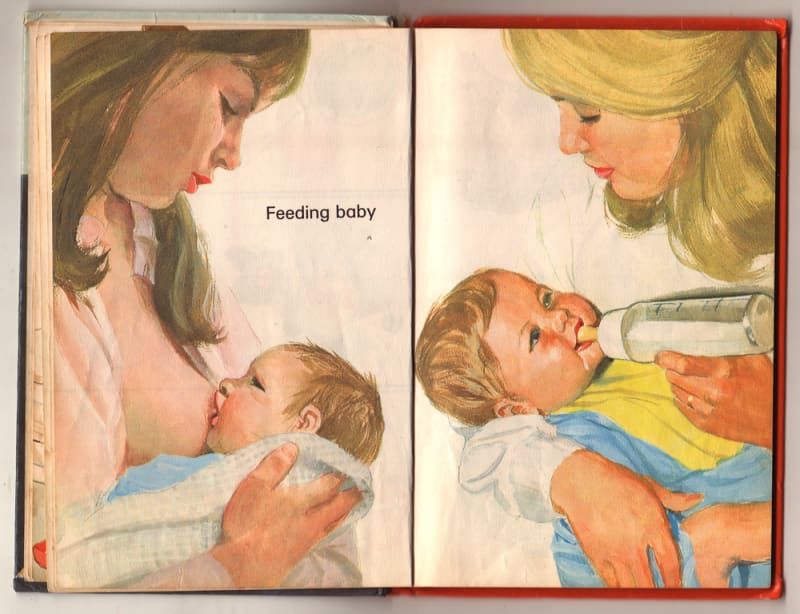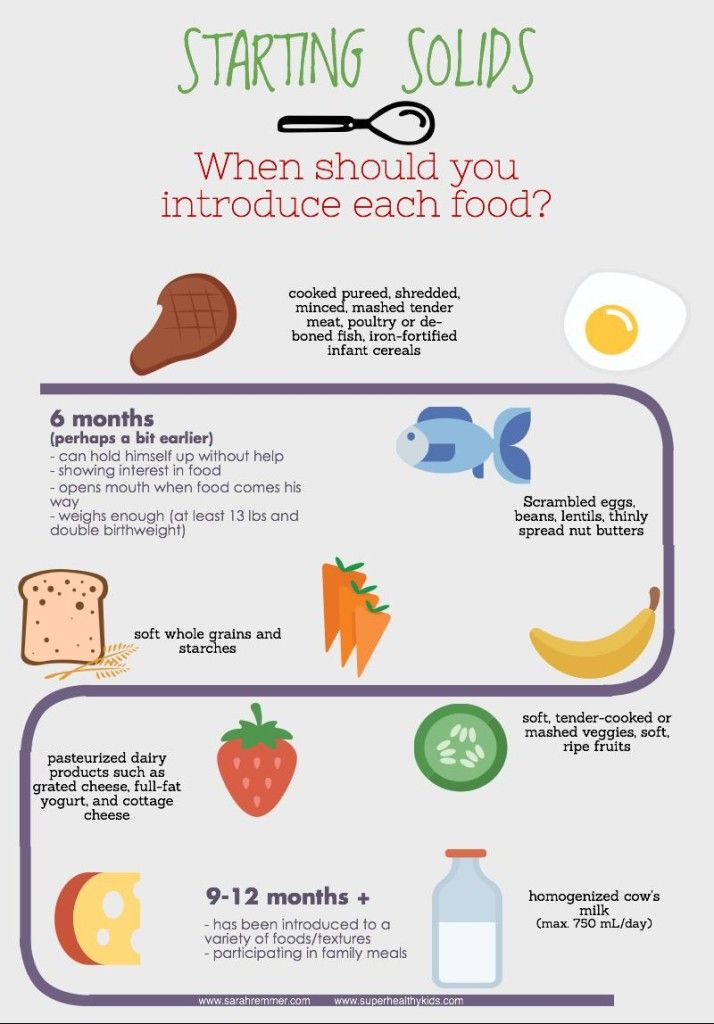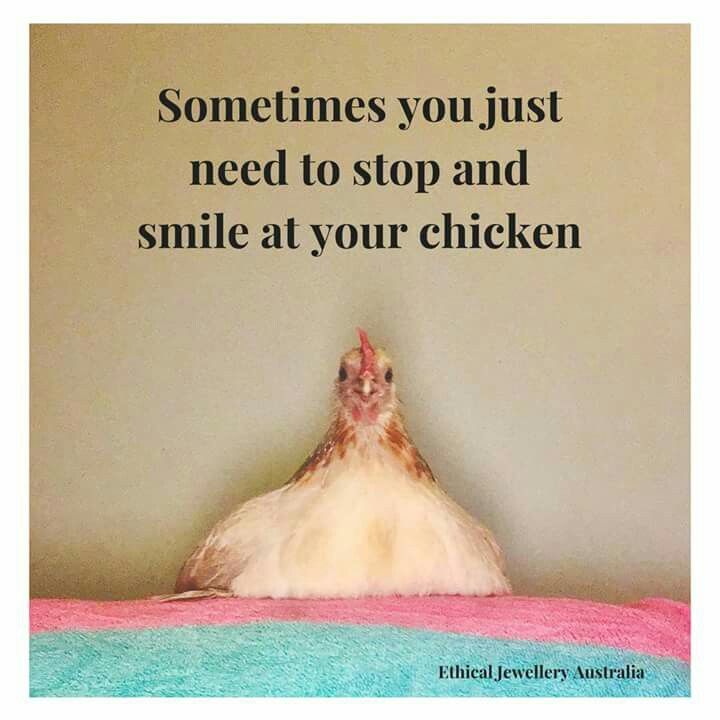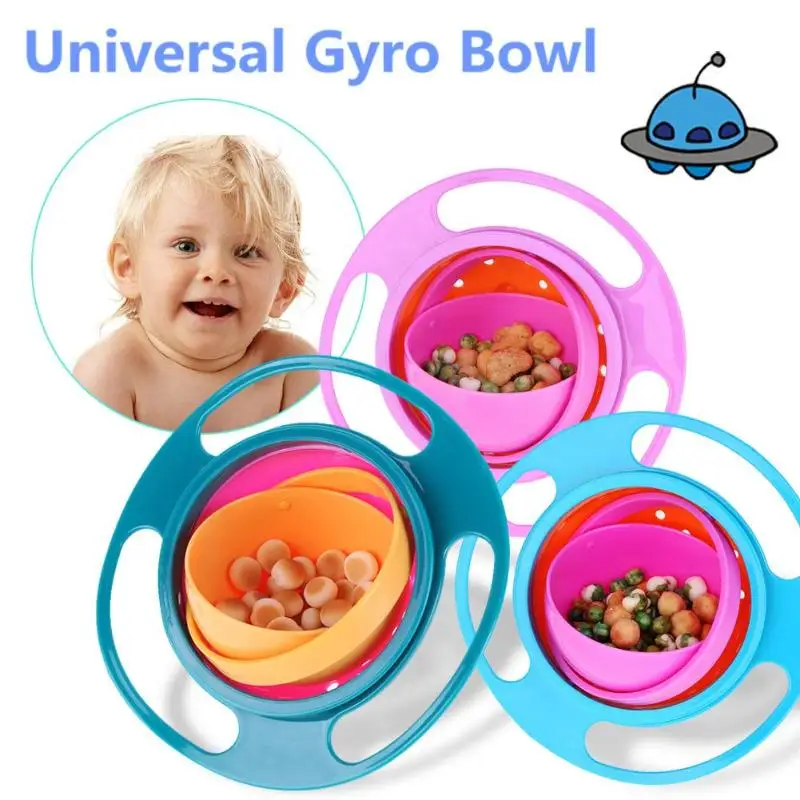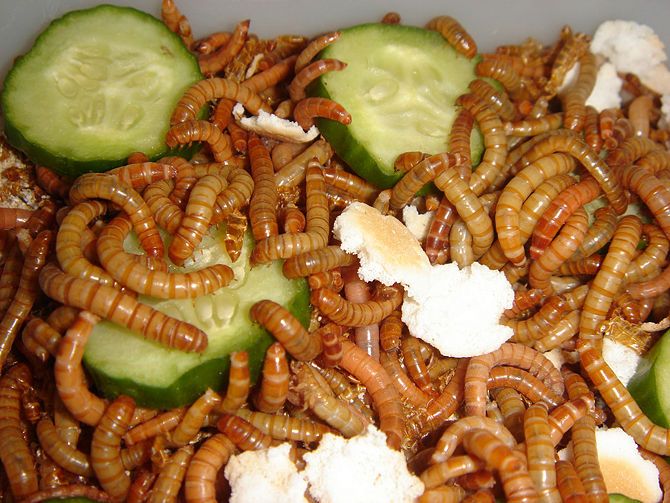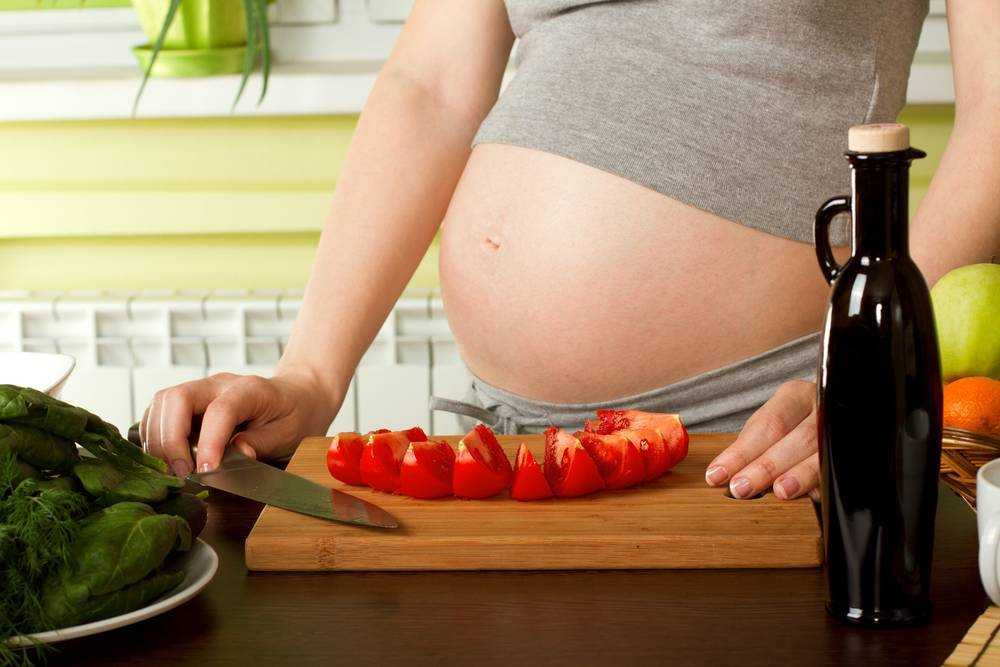My baby is not feeding
Causes, Emergency Care, and Treatments
“Poor feeding in infants” is a term used to describe an infant with little interest in feeding. It can also refer to an infant who is not feeding enough to receive the necessary nutrition required for adequate growth.
Poor growth associated with lack of feeding can lead to a separate condition called failure to thrive.
Poor feeding is caused by a variety of factors. It differs from picky eating, in which a baby may reject one form of milk for another or a toddler may refuse certain foods.
No matter the precise cause of poor feeding, undernutrition is a top concern. In fact, the World Health Organization (WHO) estimates that 45 percent of child deaths are related to undernutrition.
It is important not to dismiss poor feeding as something that will improve over time. This is a critical point in your child’s life, and missing key nutrients can lead to physical and cognitive concerns.
One of the most common causes of poor feeding is premature birth. Premature babies are typically poor feeders because they often have not yet developed the skills needed to suck and swallow milk.
Still, feeding usually increases as baby grows. If your little one was born prematurely and still has feeding trouble after leaving the hospital, it’s important to continue following up closely with your pediatrician, particularly if feeding concerns worsen or do not improve.
Other causes include congenital conditions such as jaundice and infections such as viral gastroenteritis. Once these conditions are treated, poor feeding usually subsides.
Serious conditions
Poor feeding can also be caused by serious conditions, such as Beckwith-Wiedemann syndrome. This is an overgrowth syndrome that causes infants to be particularly large and grow at a considerably fast pace. It affects an estimated 1 in 13,700 newborns worldwide.
Other serious conditions include:
- congenital hypothyroidism, which occurs when the thyroid fails to develop or function properly
- other genetic conditions, including Down syndrome
- hypoplastic left heart, a rare condition that occurs when the left side of the heart fails to develop properly and is unable to pump blood to the body
- other heart defects
Less serious conditions
Other causes of poor feeding aren’t related to a congenital condition at all. Temporary illnesses can make feeding uncomfortable (and even painful) for infants.
Temporary illnesses can make feeding uncomfortable (and even painful) for infants.
Common ailments that get in the way of feeding include:
- diarrhea
- ear infections
- coughs and colds
- teething
When in doubt, it’s always best to double-check with a pediatrician. You don’t want to assume a minor illness when in fact there could be a serious underlying condition.
Feeding difficulty is a serious matter. When accompanied by other symptoms, emergency care may be required. Seek immediate medical attention if your baby is showing any of the following signs:
- has a fever of over 100°F (37.8°C), an emergency in babies 3 months old and younger
- is vomiting after every feeding
- is vomiting blood
- has a cough with breathing difficulties
- is crying constantly
- has bloody stool
- is wheezing
- is becoming unresponsive to touch
Poor feeding that is caused by an infection will usually stop when the infection is resolved.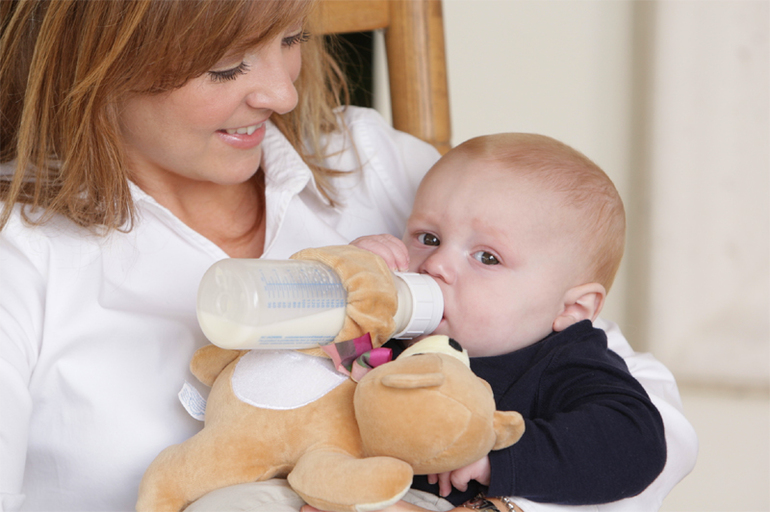
Treatment of poor feeding depends on the cause. This can involve changing the feeding schedule to consist of smaller, more frequent meals. If a milk-based intolerance is suspected, your doctor will work closely with you to find a formula and feeding plan that suits your baby.
While serious cases of poor feeding require prompt medical care, other causes can be resolved at home with the advice of a pediatrician.
If your baby is breastfeeding or chestfeeding, try to avoid:
- certain medications that can enter breast milk
- applying lotions and other skin products to your breasts
- high levels of stress — this may also make your milk taste differently
Other considerations may concern formula feeding as well as infants who have started solid foods.
Formula feeding
While breastfeeding is the method of feeding for infants recommended by health agencies such as WHO, it is a fact that not all babies are successful with this method — and not all nursing parents may want or be able to breastfeed.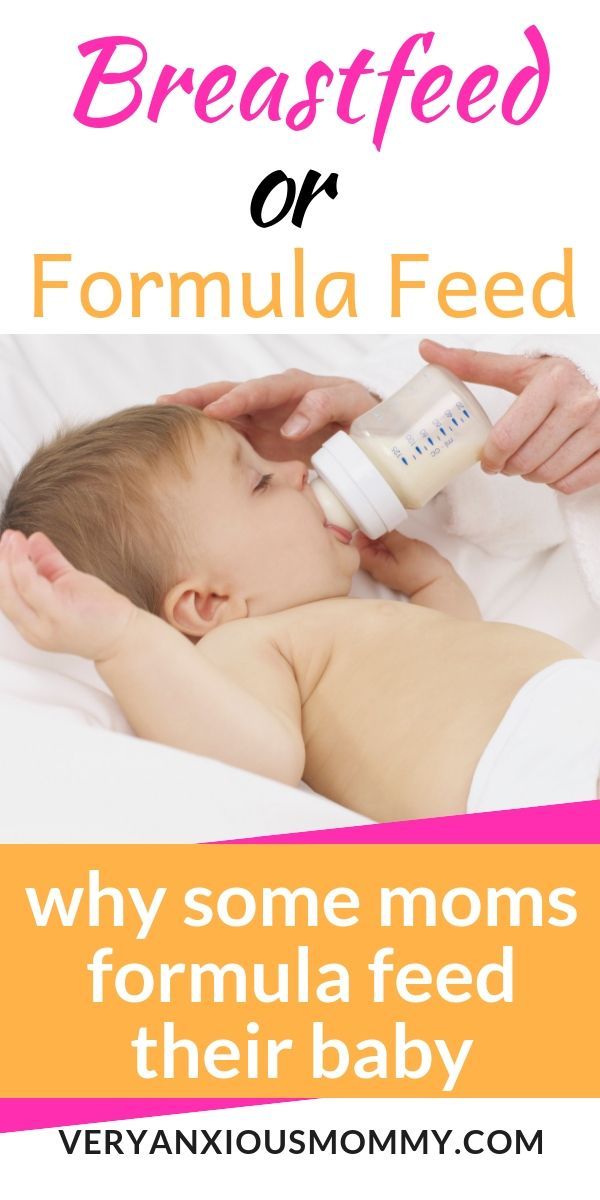
If your baby doesn’t seem to latch on despite repeated attempts, you may consider talking with your doctor about formula feeding. You may still be able to try breastfeeding or chestfeeding, even when supplementing with formula, if you’d like.
The key is that your baby gets adequate nutrition. A lactation consultant may be helpful, if available to you.
“Picky eating”
After baby reaches 6 months of age, your pediatrician may encourage you to introduce solids to their diet. While solids shouldn’t replace breast milk at this phase of your child’s life, most infants require additional nutrients around the 6-month mark.
Examples include:
- rice cereal
- pureed fruits and vegetables
- pureed or soft meats
Introducing solid foods can be exciting for both caregiver and child. However, some infants don’t take to solids as readily as other babies.
This can be alarming, but the issue may be solved by:
- mixing cereal with solid foods
- offering solids in small increments
- only giving solids two to three times per day
- starting with one food at a time, then introducing others as your baby gets used to solids
When an infant doesn’t like solids, it’s easy to jump to the conclusion that they are a “picky eater.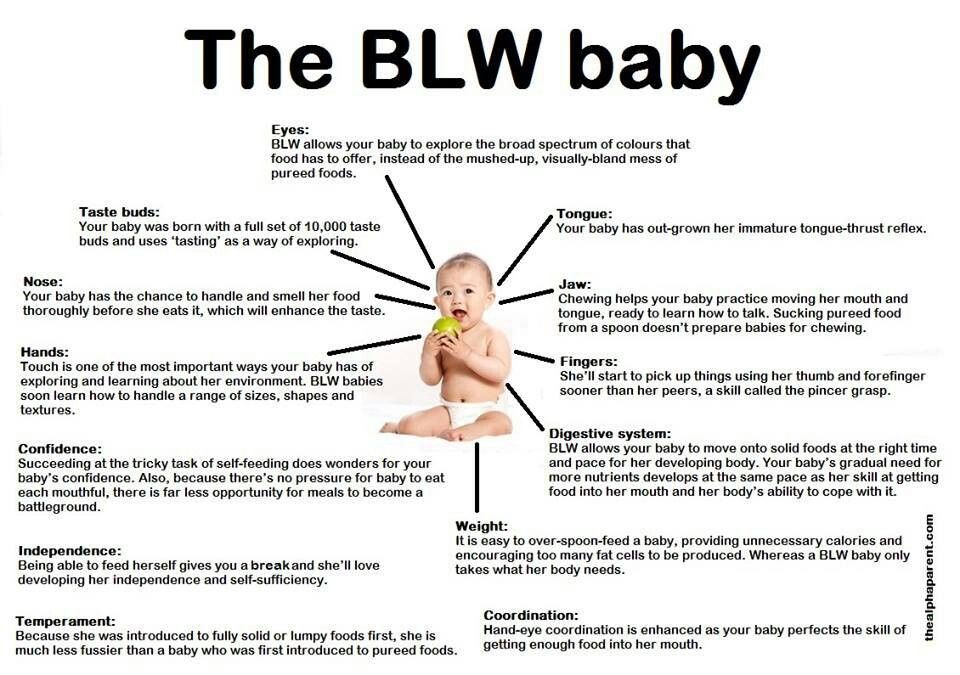 ” However, this phase doesn’t usually start until your baby becomes a toddler.
” However, this phase doesn’t usually start until your baby becomes a toddler.
Stress management
When your baby is eating poorly, it’s easy to get stressed out. This is especially true for new parents who may not yet know the distinctions between serious conditions and minor feeding concerns.
Remember that stress can worsen feeding concerns. It may interfere with attempts at feeding if your infant senses something is wrong.
Managing your stress won’t treat all causes of poor feeding, but it can help in many cases.
It’s difficult to find time for yourself during this busy stage of your life — even a few minutes a day can help. When you feel stress coming on during feedings, take a moment for some deep breathing.
Poor feeding in infants can lead to serious issues, such as malnutrition and stunted growth. It is essential that babies consume and digest the necessary nutrients to thrive and develop.
Any infant who is feeding poorly should be taken to a pediatrician for evaluation.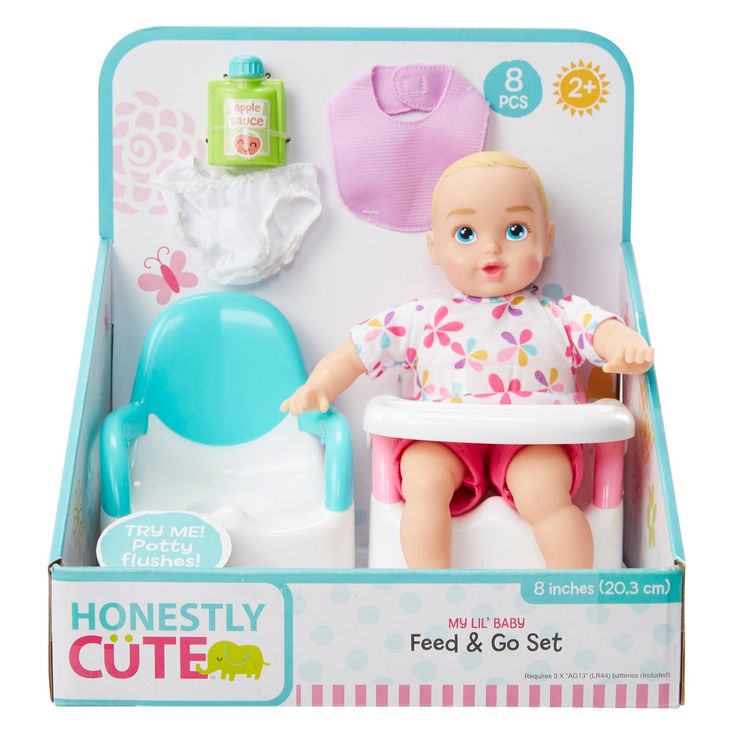 After a proper diagnosis, treatment may be necessary.
After a proper diagnosis, treatment may be necessary.
In other cases, poor feeding can be resolved through refined techniques and perseverance at home. If you suspect feeding difficulties may be causing other concerns, call a doctor right away.
Causes, Emergency Care, and Treatments
“Poor feeding in infants” is a term used to describe an infant with little interest in feeding. It can also refer to an infant who is not feeding enough to receive the necessary nutrition required for adequate growth.
Poor growth associated with lack of feeding can lead to a separate condition called failure to thrive.
Poor feeding is caused by a variety of factors. It differs from picky eating, in which a baby may reject one form of milk for another or a toddler may refuse certain foods.
No matter the precise cause of poor feeding, undernutrition is a top concern. In fact, the World Health Organization (WHO) estimates that 45 percent of child deaths are related to undernutrition.![]()
It is important not to dismiss poor feeding as something that will improve over time. This is a critical point in your child’s life, and missing key nutrients can lead to physical and cognitive concerns.
One of the most common causes of poor feeding is premature birth. Premature babies are typically poor feeders because they often have not yet developed the skills needed to suck and swallow milk.
Still, feeding usually increases as baby grows. If your little one was born prematurely and still has feeding trouble after leaving the hospital, it’s important to continue following up closely with your pediatrician, particularly if feeding concerns worsen or do not improve.
Other causes include congenital conditions such as jaundice and infections such as viral gastroenteritis. Once these conditions are treated, poor feeding usually subsides.
Serious conditions
Poor feeding can also be caused by serious conditions, such as Beckwith-Wiedemann syndrome. This is an overgrowth syndrome that causes infants to be particularly large and grow at a considerably fast pace.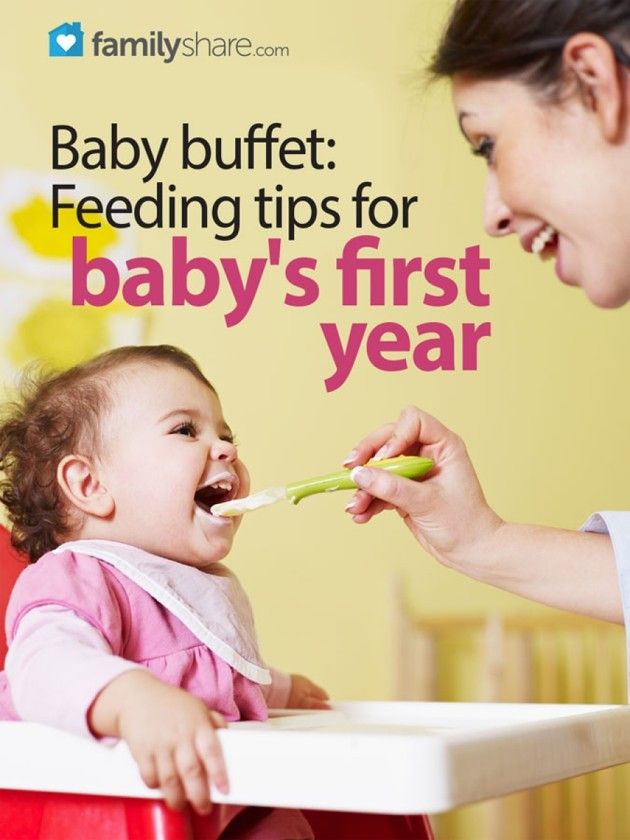 It affects an estimated 1 in 13,700 newborns worldwide.
It affects an estimated 1 in 13,700 newborns worldwide.
Other serious conditions include:
- congenital hypothyroidism, which occurs when the thyroid fails to develop or function properly
- other genetic conditions, including Down syndrome
- hypoplastic left heart, a rare condition that occurs when the left side of the heart fails to develop properly and is unable to pump blood to the body
- other heart defects
Less serious conditions
Other causes of poor feeding aren’t related to a congenital condition at all. Temporary illnesses can make feeding uncomfortable (and even painful) for infants.
Common ailments that get in the way of feeding include:
- diarrhea
- ear infections
- coughs and colds
- teething
When in doubt, it’s always best to double-check with a pediatrician. You don’t want to assume a minor illness when in fact there could be a serious underlying condition.
Feeding difficulty is a serious matter.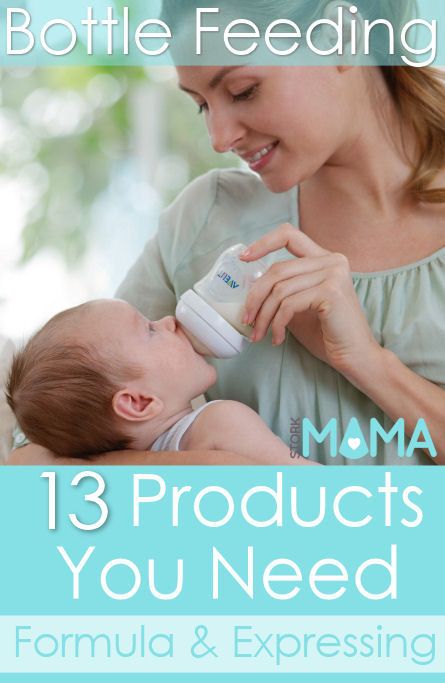 When accompanied by other symptoms, emergency care may be required. Seek immediate medical attention if your baby is showing any of the following signs:
When accompanied by other symptoms, emergency care may be required. Seek immediate medical attention if your baby is showing any of the following signs:
- has a fever of over 100°F (37.8°C), an emergency in babies 3 months old and younger
- is vomiting after every feeding
- is vomiting blood
- has a cough with breathing difficulties
- is crying constantly
- has bloody stool
- is wheezing
- is becoming unresponsive to touch
Poor feeding that is caused by an infection will usually stop when the infection is resolved.
Treatment of poor feeding depends on the cause. This can involve changing the feeding schedule to consist of smaller, more frequent meals. If a milk-based intolerance is suspected, your doctor will work closely with you to find a formula and feeding plan that suits your baby.
While serious cases of poor feeding require prompt medical care, other causes can be resolved at home with the advice of a pediatrician.
If your baby is breastfeeding or chestfeeding, try to avoid:
- certain medications that can enter breast milk
- applying lotions and other skin products to your breasts
- high levels of stress — this may also make your milk taste differently
Other considerations may concern formula feeding as well as infants who have started solid foods.
Formula feeding
While breastfeeding is the method of feeding for infants recommended by health agencies such as WHO, it is a fact that not all babies are successful with this method — and not all nursing parents may want or be able to breastfeed.
If your baby doesn’t seem to latch on despite repeated attempts, you may consider talking with your doctor about formula feeding. You may still be able to try breastfeeding or chestfeeding, even when supplementing with formula, if you’d like.
The key is that your baby gets adequate nutrition. A lactation consultant may be helpful, if available to you.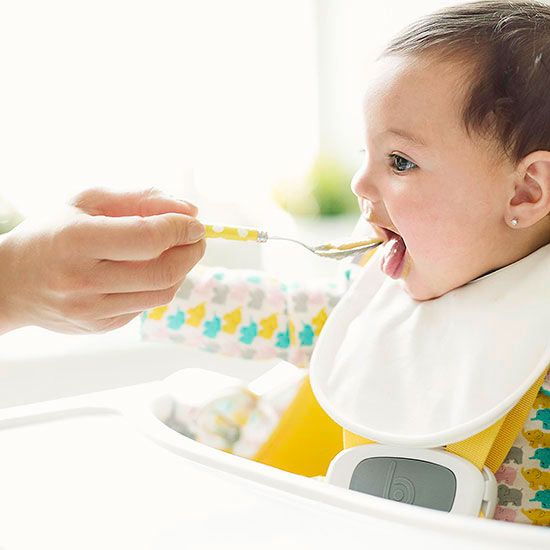
“Picky eating”
After baby reaches 6 months of age, your pediatrician may encourage you to introduce solids to their diet. While solids shouldn’t replace breast milk at this phase of your child’s life, most infants require additional nutrients around the 6-month mark.
Examples include:
- rice cereal
- pureed fruits and vegetables
- pureed or soft meats
Introducing solid foods can be exciting for both caregiver and child. However, some infants don’t take to solids as readily as other babies.
This can be alarming, but the issue may be solved by:
- mixing cereal with solid foods
- offering solids in small increments
- only giving solids two to three times per day
- starting with one food at a time, then introducing others as your baby gets used to solids
When an infant doesn’t like solids, it’s easy to jump to the conclusion that they are a “picky eater.” However, this phase doesn’t usually start until your baby becomes a toddler.
Stress management
When your baby is eating poorly, it’s easy to get stressed out. This is especially true for new parents who may not yet know the distinctions between serious conditions and minor feeding concerns.
Remember that stress can worsen feeding concerns. It may interfere with attempts at feeding if your infant senses something is wrong.
Managing your stress won’t treat all causes of poor feeding, but it can help in many cases.
It’s difficult to find time for yourself during this busy stage of your life — even a few minutes a day can help. When you feel stress coming on during feedings, take a moment for some deep breathing.
Poor feeding in infants can lead to serious issues, such as malnutrition and stunted growth. It is essential that babies consume and digest the necessary nutrients to thrive and develop.
Any infant who is feeding poorly should be taken to a pediatrician for evaluation. After a proper diagnosis, treatment may be necessary.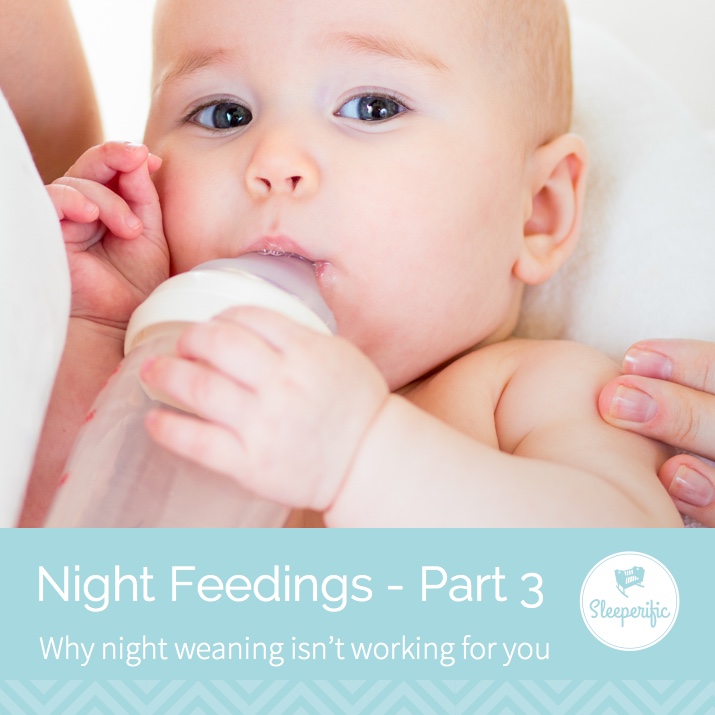
In other cases, poor feeding can be resolved through refined techniques and perseverance at home. If you suspect feeding difficulties may be causing other concerns, call a doctor right away.
Read online “My child does not want to eat!”, Carlos Gonzalez - liters
Carlos González
Mi Nijo No Me Come
Consejos para Prevenir Ye Resolver El Problema
© 2010
© Pilar Serrano Aguayo, 2004, por el prólogo
© Francisco Luis Frontán, 2009, por la ilustración de p. 101
© Ediciones Planeta Madrid, S.A., 2010
© IP Loshkareva S.S. (Publishing house "Svetlo"), 2015, translation, design
All rights reserved. No part of this book may be reproduced in any form or by any means, including posting on the Internet and in any information systems, for private and public use, without the written permission of the publisher. Copying, reproduction and other use of the book or part of it without the consent of the publisher is illegal and entails civil, administrative and criminal liability.
* * *
Dedicated to my mother, who fed me sitting on the windowsill.
The mothers' stories in this book are taken from letters sent to the editors of Ser Padres ("Parenthood"). All names and other personal details have been changed. I am sincerely grateful to these women for their trust. I have learned a lot from them.
The feuilleton "Food Patrol", which concludes this book, was first published in the same journal.
Foreword.
Are there children who want to eat?
"My child does not want to eat" - parents very often turn to doctors with such a complaint or its varieties. If in winter everyone is mostly worried about a runny nose and cough, then in the summer they visit doctors' offices with questions about nutrition.
Some mothers, like Elena, are only slightly concerned about this problem:
My son Alberto turned one on June 20th.
And he doesn't eat well. The fact is that I have to entertain him in order to make him eat. Even so, he never finishes eating. I don't know if I should be concerned as he is an agile and playful baby and the doctor says he is in perfect health.
Others, like Maribel, are close to despair:
My daughter is almost six months old. At birth, she weighed 2.4 kg. Now, at five months old, she weighs 6,400 kg. The doctor advises gradually introducing cereals, fruit purees, etc. into the diet. But the problem is that my baby refuses to eat solid food. I try to feed her every day, and if she eats at least a teaspoon, I can be considered lucky. It all ends the same way - in tears, which makes me very upset. I don't know if I'm doing the right thing. I do not want to swear and force her to eat, and at the same time I am afraid that otherwise she will not eat anything at all. Do you think I should take a break and try again? Because as soon as she sees a spoon, she starts to protest.
And I feel guilty.
Wouldn't Maribel feel better if her doctor, like Elena's doctor, told her that the baby was healthy? Children who don't eat well are always a source of concern, mainly because of the difference between what parents expect and what they actually eat. It disappears only when the child begins to eat more or when the expectations of relatives and friends change. It's almost impossible to force a child to eat more (and that's a good thing, because it can be dangerous). The purpose of this book is to help the reader lower their expectations of their child and bring their expectations into line with reality.
You are not alone
After presenting their complaints to the doctor, some mothers add: “I know that many mothers complain about the same thing without any reason, but, doctor, my child really does not eat anything. If only you could see it for yourself!"
They are wrong about two things. First, they think that their child is the only one who does not eat anything. Actually it is not. Their child is not even the one who eats the least. Dear reader, there are other children in the world who eat less than yours. (How do I know this? It's just a theory of probability. There is one and only one child who eats the least in the world. His mother may not buy this book, but if she does, I could be wrong for once!)
Actually it is not. Their child is not even the one who eats the least. Dear reader, there are other children in the world who eat less than yours. (How do I know this? It's just a theory of probability. There is one and only one child who eats the least in the world. His mother may not buy this book, but if she does, I could be wrong for once!)
But they are also mistaken in thinking that other mothers worry unreasonably. It's not like that at all. Their children do indeed eat very little (because they need very little food, as we will explain later), and the mothers are truly and sincerely worried.
Why this hurts us so much
It's understandable that mothers worry about the health of their children. But there is another explanation for why poor nutrition is even more of a concern than a cough or runny nose. On the one hand, the mother tends to believe (or is made to think so) that it is her fault: she cooked the food wrong, does not know how to feed the child, failed to teach the child to eat.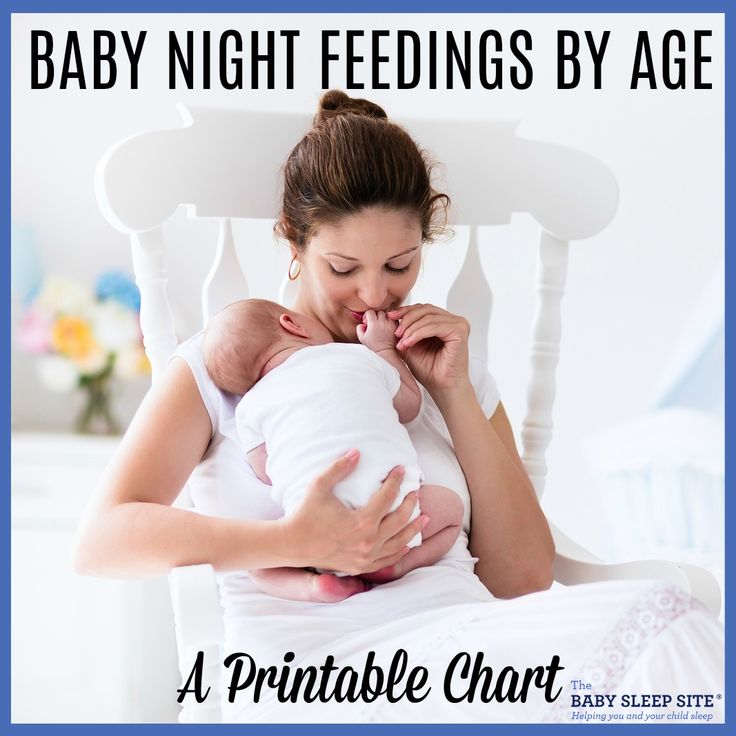 On the other hand, mothers tend to take things personally. Here is what Laura says:
On the other hand, mothers tend to take things personally. Here is what Laura says:
My daughter is one and a half years old and does not eat well. I always cook her food with love, but after two spoonfuls she starts spitting everything out. This makes me very upset! What can I do to make her eat as the Lord intended?
This girl is not only fastidious, but also brings all the efforts of her mother to naught. By the way, we have not heard the Lord lay down any rules about how a child should eat. Perhaps the woman meant to say "as prescribed by the doctor"?
Mothers often take things personally. Sometimes they say: "He won't eat what I give him" or "He won't eat because of me", and not just "He won't eat". Some perceive this as a hostile action on the part of the child: "He refuses to eat whatever I cook." Mothers have repeatedly told me that they hide tears during feeding. Sometimes the poor child is involved in a contrived emotional conflict. Instead of a simple question: "Are you hungry or not?" - a whole war begins, and the question is already posed like this: “Do you love me at all?” And now the child has already been found guilty of not loving his mother, just because he refused to eat another piece. And often he hears a hint, and even a direct statement: "Mommy will not love you if you do not eat."
Instead of a simple question: "Are you hungry or not?" - a whole war begins, and the question is already posed like this: “Do you love me at all?” And now the child has already been found guilty of not loving his mother, just because he refused to eat another piece. And often he hears a hint, and even a direct statement: "Mommy will not love you if you do not eat."
Why does it hurt them more
All family members, especially mothers, are very worried about problems with feeding a child. They really suffer. One of them once wrote to me: "It's just a nightmare to be afraid of every breakfast-lunch-dinner."
If the mother is afraid, what can we say about the child. No matter how hard it is for you, remember that your child is going through even more. No, he doesn't try to manipulate you or fight you, he doesn't challenge you or start a rebellion. He's just scared.
I am very worried about my son (he is three years old) because he does not want to eat.
He just puts food in his mouth, but after a minute he spits it out. He cries all the time of feeding and calms down only when I stop feeding him.
A mother always has an escape route, an opportunity to calm down and there is hope. You may worry that the child is not eating, be afraid that he will get sick, worry when family and friends say: “He should eat more,” as if you are refusing to feed him. You feel rejected when a child refuses to eat food prepared with love, and when he cries, you feel guilty, believing that you have harmed him. Nevertheless, it is also true that you are an adult, you have common sense, education and experience. You can rely on the love and support of loved ones who are most likely to be on your side in this conflict. Now your world is focused on raising a child, but it is more. You have a past and a future, perhaps a career. You have your own explanation of what is happening, whether it is true or not. You know why you are forcing your child to eat (even if at the moment you are bewildered by his refusals), and in your moments of deepest despair, you say to yourself: “This is for his own good.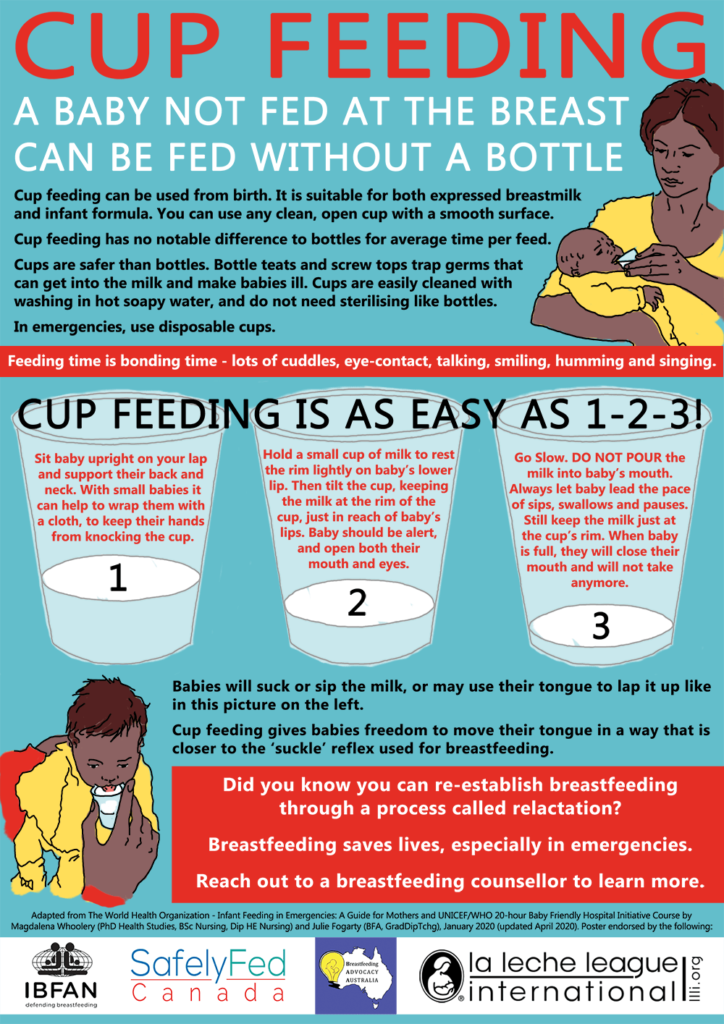 ” You have a lot to hope for, because you know that older children eat themselves and that the period when you feed the child will end in a couple of years.
” You have a lot to hope for, because you know that older children eat themselves and that the period when you feed the child will end in a couple of years.
What does the child have? What is his past, future, education, friends, rational explanation of what is happening, what are his hopes? Your child has only you.
For a child, the mother is the whole world. She is for him security, love, warmth and nourishment. In her arms, he is calm, but as soon as she leaves, he cries bitterly. Faced with any need to get something, with any difficulty, he can only cry, and the mother instantly responds and settles everything.
But everything is changing. The child cries because he has eaten too much, but instead of being on his side, as always, the mother tries to make him eat even more. The situation continues to worsen: her soft insistence is soon replaced by grumbling, importunate requests and threats. The child cannot understand the reason for this. He has no idea that he ate less than the book said, or less than the doctor recommended, or less than the neighbor's kid.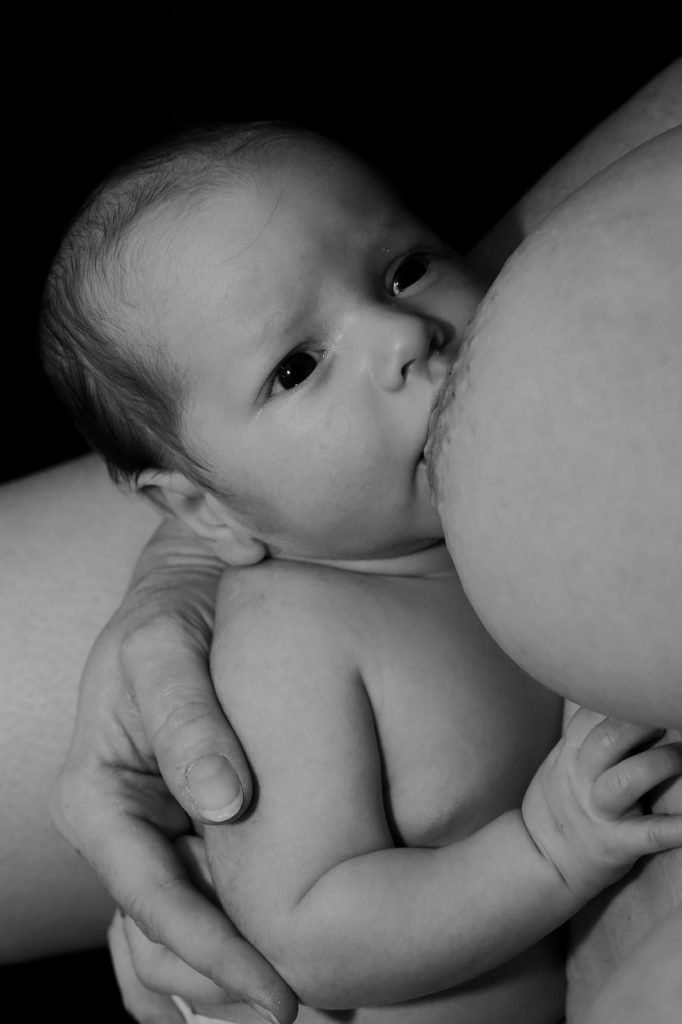 He hadn't heard of calcium, iron, or vitamins. He can't understand that you think it's for his own good. All he knows is that his stomach hurts from too much food and that the food keeps coming. For him, the behavior of his mother is incomprehensible, as if she had spanked him or left him naked on the balcony.
He hadn't heard of calcium, iron, or vitamins. He can't understand that you think it's for his own good. All he knows is that his stomach hurts from too much food and that the food keeps coming. For him, the behavior of his mother is incomprehensible, as if she had spanked him or left him naked on the balcony.
Many children sometimes spend up to six hours a day on “food”, or rather, fighting with their mother at the plate of food. And why this happens, they do not understand. They don't know how long it will last (they think it will last forever). And there is no one to explain to them. The person they love most in the world, the one they trust, seems to be against them. Their whole world is crumbling.
Theory
Many books and magazine articles have discussed the topic of children who do not seem to want to eat. Neighbors, relatives and friends are also quick to advise. Their points of view often do not coincide, and sometimes even contradict each other.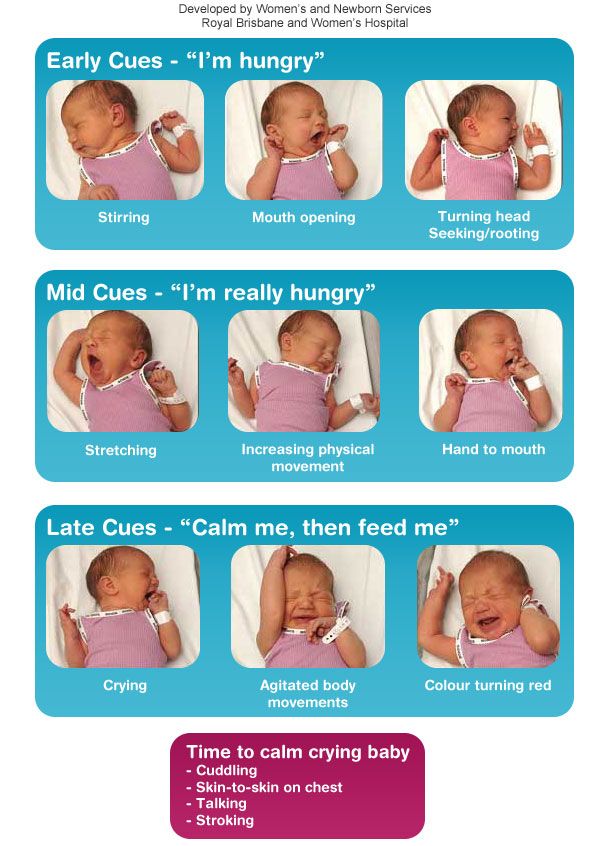 These differences are partly due to the way the advice lover answers for himself (not necessarily out loud) two fundamental questions:
These differences are partly due to the way the advice lover answers for himself (not necessarily out loud) two fundamental questions:
1. Is the child eating enough or should he eat more?
2. Is the child the victim or the cause of the situation?
Those people who believe that "bad eaters" should eat more see several reasons for this state of affairs and offer several solutions to the problem.
1. Discipline. The blame lies with the parents who spoiled the child by succumbing to his whims and allowing him to run the show.
2. Marketing. The child does not eat because the parents do not know how to "sell" the product. They should feed the baby in a quiet and peaceful environment, from beautifully designed baby dishes.
3. Creativity. Children don't like monotony. You must diversify the taste and character of the products, while decorating dishes beautifully: make a mouse out of boiled rice with ham ears or a clown's face out of mashed potatoes, paprika and olives.
4. Physiotherapy. You should massage the child's cheeks. Every day since birth. It stimulates and strengthens the jaw muscles.
5. Non-interference policy. The child refuses to eat, thereby demonstrating his opposition to the one who forces him to eat. Once you stop pushing him, he will eat more.
I do not share either of these views. My theory has some similarities with the policy of laissez-faire, but there is one fundamental difference. I do not believe that the child will start eating more when you stop forcing him, because I do not believe that the child needs more food. Indeed, children can start to eat a little more if they are not forced, and I observed several children who gained weight rapidly in a similar situation, but the increase was small - 100-200 grams, and it lasted only a couple of days. This does not surprise me, since I am convinced that even the child's natural desire to fight against coercion will not make him eat much less than he needs. In extreme cases, he may develop a delay in feeling of hunger, but he quickly compensates for this lag.
In extreme cases, he may develop a delay in feeling of hunger, but he quickly compensates for this lag.
The main idea of this book is not to force the child to eat. This is not a manual for increasing appetite. Treat this idea as a manifestation of your love and respect for the child. When you stop forcing a child to eat, he will still eat the same amount, but without the suffering and struggle that has so far accompanied every meal.
The second question is the child the victim or the cause of this situation? Many authors believe that a child who refuses to eat is testing boundaries, demonstrating his will, gaining some benefit, and manipulating his parents. I strongly disagree with this. I believe that the child is the main victim of the situation, which he did not create. I will give an example described by Brennerman (1932) quoted by the famous English pediatrician R. S. Illingworth in his book The Healthy Child (1991) On the one hand, these are constant persuasion, harassment, persuasion, cajoling, flattery, pleading, attempts to shame, scolding, grumbling, threats, bribery, demonstration of delicious food and again tears or pretense, clowning, singing songs, reading picture books, radio, drumming as soon as the capricious opens its mouth, and even a jig in the grandmother's performance - all this in the hope that the food will get into the mouth further and not come back. And so from day to day.
And so from day to day.
Up to this point, I fully agree with the author. I would even add: “Meanwhile, in the opposite camp, the poor child defends himself as best he can: he presses his lips together, spit out food, he vomits.” However, Brenneman sees the picture quite differently:
On the other hand, the little tyrant holds the line resolutely, either refusing to surrender or capitulating on his own terms. And the two main weapons of his defense are vomiting and procrastination.
Why call him a tyrant? The child in this conflict always suffers the most. Have you ever seen a child get strawberry yogurt instead of vegetables and meat while refusing to eat? The child owns many more pleasant methods to get it. Do people really think that an hour long fight with their mother, spitting, crying and vomiting is just a show to get strawberry yogurt?
Part I.
Causes
Chapter 1.
Getting Started
Why do we eat?
As my mother used to say, God could have made us so that we would never want to eat. And I agree with her, looking at how every day parents think with horror: “What to cook for dinner?”
And I agree with her, looking at how every day parents think with horror: “What to cook for dinner?”
Yes, we must eat. We are created that way. Have you ever asked yourself the question: "Why?"
Without going into philosophy, we can say that we have three reasons to eat: to live, to grow (or gain weight) and to move.
To live. Our body needs a lot of food to function. Even if we slept around the clock, or if our body stopped growing, we would still need food.
To grow or gain weight. Our muscles and bones, blood and fat tissue, and even hair and nails grow from what we eat.
To move, work and play. We need energy to move. Everyone knows that athletes and manual laborers need more food than office workers because physical activity makes you feel hungry.
How much should a child eat?
Why do children eat?
To live. The amount of food consumed, in addition to that needed for movement and growth, depends on the size of the body. The elephant eats more than the cow, and the cow eats more than the sheep. If you are going to buy a dog, then think about the choice of breed: the German Shepherd eats more than the toy poodle.
The elephant eats more than the cow, and the cow eats more than the sheep. If you are going to buy a dog, then think about the choice of breed: the German Shepherd eats more than the toy poodle.
If children did not grow, they would require much less food than adults, because they themselves are smaller.
To grow. The faster the child grows, the more food he needs. And all children grow at different rates.
When do you think a person grows the fastest? Of course, in the womb. In just nine months, a beautiful three-kilogram baby will grow from one cage, which weighs less than a gram. Fortunately, at this time the baby does not need to be fed. All nutrients themselves come to him through the placenta.
Many people think that the period of most intensive growth, or, as it is also called, the “growth spurt”, after birth, is adolescence. In fact, this is not so. During this period, the child grows by less than 10 cm and 10 kg per year. In the first year of life, the baby gains 20 cm and 6 to 7 kg. In other words, his weight increases three times, and he will not increase more (that is, three times) until the child reaches the age of 10 years. Apart from the period of intrauterine development, a person never again grows as fast as during the first year of life. (Please note that the figures given here are rounded averages; however, all children are different, so don't worry if your child differs from these figures by a few centimeters or kilograms.)
In other words, his weight increases three times, and he will not increase more (that is, three times) until the child reaches the age of 10 years. Apart from the period of intrauterine development, a person never again grows as fast as during the first year of life. (Please note that the figures given here are rounded averages; however, all children are different, so don't worry if your child differs from these figures by a few centimeters or kilograms.)
It is estimated that in the first four months, 27% of a child's food is used for growth 2 . Between six and twelve months, they use 5% of food for growth, and only 3% in the second year of life. That's why babies eat a lot - because of the growth spurt. And due to their small size and the fact that they move little, they would require a small amount of food if they did not grow.
Do children eat a lot? If you find this hard to believe, let's try playing the game. Imagine that a child is not growing and needs food in proportion to its size.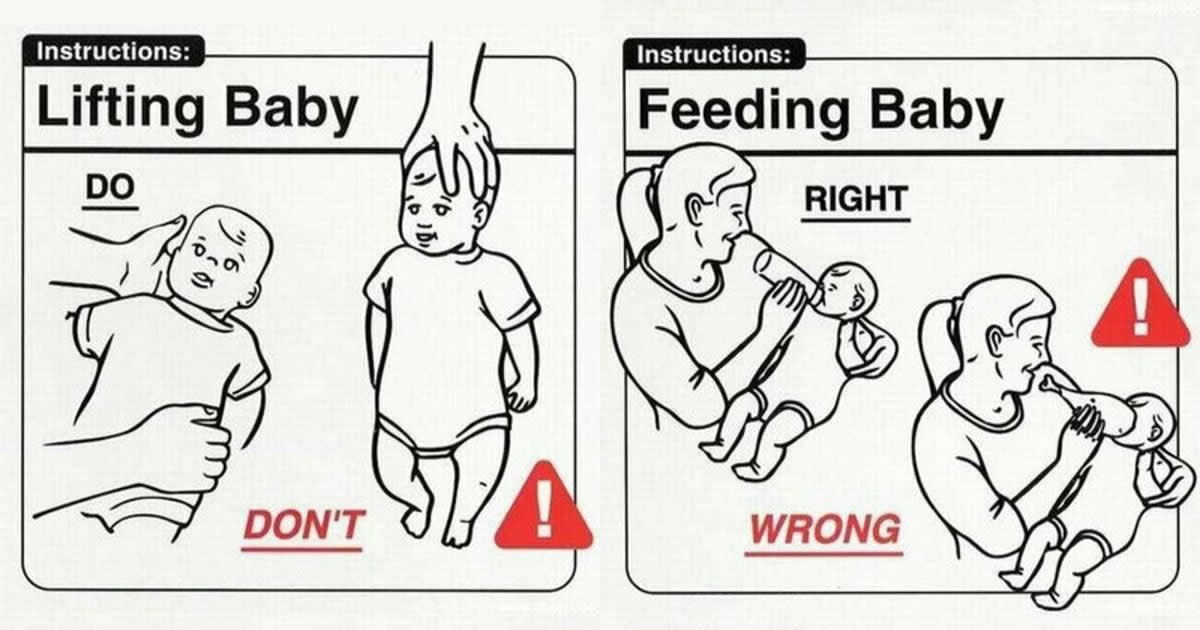 In other words, a 30 kg child will eat twice as much as a 15 kg child and half as much as a 60 kg adult. (This is not an exact proportion, of course, so don't worry fellow nutritionists. In fact, small animals eat more proportionately than large ones. I just want you to visualize the relationship between size and food intake.)
In other words, a 30 kg child will eat twice as much as a 15 kg child and half as much as a 60 kg adult. (This is not an exact proportion, of course, so don't worry fellow nutritionists. In fact, small animals eat more proportionately than large ones. I just want you to visualize the relationship between size and food intake.)
Accordingly, if a child weighing 5 kg drinks 750 ml of milk every day, then a woman weighing 50 to 60 kg should drink 10–20 times more, that is, 7.5–9 liters of milk. Can you drink that much? Of course not. That is, for their size, the child eats more than you. A lot more. And this is explained by the fact that he is growing, and you are no longer.
To move. Small children move a lot. And we are used to hearing such phrases: “It is not clear where he has so much energy, since he eats almost nothing” or: “It is not surprising that she is not getting fat - look how active!”
Now let's stop and take a closer look. And we will see that small children do not move much.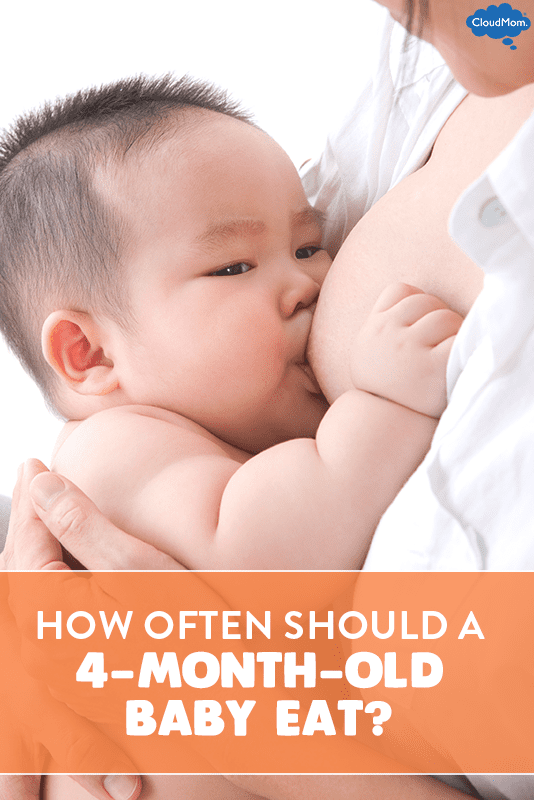 Newborns practically do not move at all, and one-year-old babies walk slowly and intermittently. They are taken everywhere. That is, they do not experience much stress: they do not lift weights, even their own weight. And an adult spends more energy to cover the same distance as a child, since it takes much more energy to lift 60 kg than 10 kg. “Yes, just watching them is exhausting in itself ...” is another comment about the tirelessness of children. This may well be true, but it's unlikely that a small child uses more energy playing with toys than an adult woman does when she's shopping for groceries.
Newborns practically do not move at all, and one-year-old babies walk slowly and intermittently. They are taken everywhere. That is, they do not experience much stress: they do not lift weights, even their own weight. And an adult spends more energy to cover the same distance as a child, since it takes much more energy to lift 60 kg than 10 kg. “Yes, just watching them is exhausting in itself ...” is another comment about the tirelessness of children. This may well be true, but it's unlikely that a small child uses more energy playing with toys than an adult woman does when she's shopping for groceries.
Read the book "My child does not want to eat!" online in full📖 — Carlos Gonzalez — MyBook.
Carlos González
Mi niño no me come
Consejos para prevenir y resolver el problema
© Carlos González, 1999, 2009, 2010
© Pilar Serrano Aguayo, 2004, por el prólogo
© Francisco Luis Frontán, 2009, por la ilustración de p. 101
101
© Ediciones Planeta Madrid, S.A., 2010
© IP Loshkareva S.S. (Publishing house "Svetlo"), 2015, translation, design
All rights reserved. No part of this book may be reproduced in any form or by any means, including posting on the Internet and in any information systems, for private and public use, without the written permission of the publisher. Copying, reproduction and other use of the book or part of it without the consent of the publisher is illegal and entails civil, administrative and criminal liability.
* * *
Dedicated to my mother, who fed me sitting on the windowsill.
The mothers' stories in this book are taken from letters sent to the editors of Ser Padres (Parenthood). All names and other personal details have been changed. I am sincerely grateful to these women for their trust. I have learned a lot from them.
The feuilleton "Food Patrol", which concludes this book, was first published in the same journal.
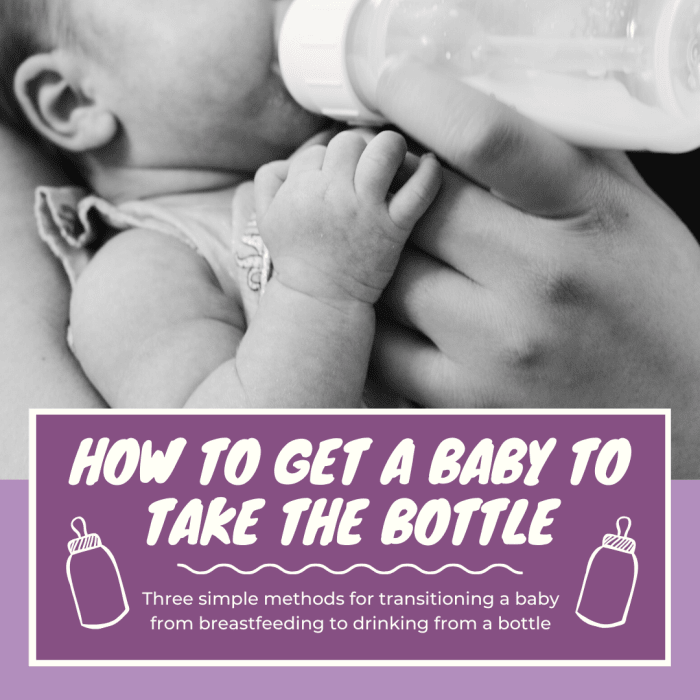
Foreword.
Are there children who want to eat?
"My child does not want to eat" - parents very often turn to doctors with such a complaint or its varieties. If in winter everyone is mostly worried about a runny nose and cough, then in the summer they visit doctors' offices with questions about nutrition.
Some mothers, like Elena, are only slightly concerned about this problem:
My son Alberto turned one on June 20th. And he doesn't eat well. The fact is that I have to entertain him in order to make him eat. Even so, he never finishes eating. I don't know if I should be concerned as he is an agile and playful baby and the doctor says he is in perfect health.
Others, like Maribel, are close to despair:
My daughter is almost six months old. At birth, she weighed 2.4 kg. Now, at five months old, she weighs 6,400 kg. The doctor advises gradually introducing cereals, fruit purees, etc.
into the diet. But the problem is that my baby refuses to eat solid food. I try to feed her every day, and if she eats at least a teaspoon, I can be considered lucky. It all ends the same way - in tears, which makes me very upset. I don't know if I'm doing the right thing. I do not want to swear and force her to eat, and at the same time I am afraid that otherwise she will not eat anything at all. Do you think I should take a break and try again? Because as soon as she sees a spoon, she starts to protest. And I feel guilty.
Wouldn't Maribel feel better if her doctor, like Elena's doctor, told her that the baby was healthy? Children who don't eat well are always a source of concern, mainly because of the difference between what parents expect and what they actually eat. It disappears only when the child begins to eat more or when the expectations of relatives and friends change. It's almost impossible to force a child to eat more (and that's a good thing, because it can be dangerous). The purpose of this book is to help the reader lower their expectations of their child and bring their expectations into line with reality.
The purpose of this book is to help the reader lower their expectations of their child and bring their expectations into line with reality.
You are not alone
After stating their complaints to the doctor, some mothers add: “I know that many mothers complain about the same thing without any reason, but, doctor, my child really does not eat anything. If only you could see it for yourself!"
They are wrong about two things. First, they think that their child is the only one who does not eat anything. Actually it is not. Their child is not even the one who eats the least. Dear reader, there are other children in the world who eat less than yours. (How do I know this? It's just a theory of probability. There is one and only one child who eats the least in the world. His mother may not buy this book, but if she does, I could be wrong for once!)
But they are also mistaken in thinking that other mothers worry unreasonably. It's not like that at all. Their children do indeed eat very little (because they need very little food, as we will explain later), and the mothers are truly and sincerely worried.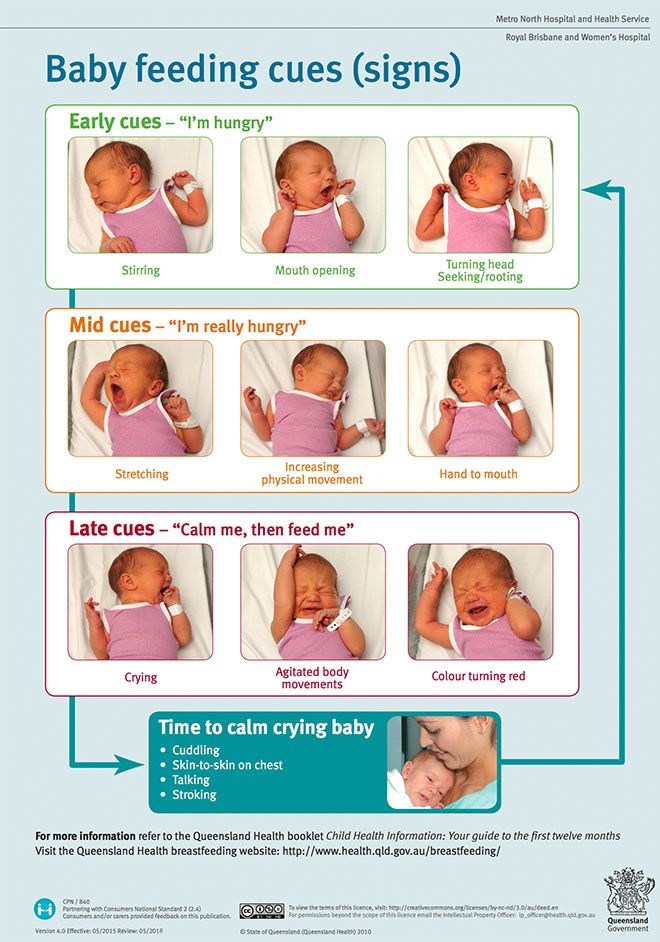
Why does this hurt us so much
It is understandable that mothers worry about the health of their children. But there is another explanation for why poor nutrition is even more of a concern than a cough or runny nose. On the one hand, the mother tends to believe (or is made to think so) that it is her fault: she cooked the food wrong, does not know how to feed the child, failed to teach the child to eat. On the other hand, mothers tend to take things personally. Here is what Laura says:
My daughter is one and a half years old and does not eat well. I always cook her food with love, but after two spoonfuls she starts spitting everything out. This makes me very upset! What can I do to make her eat as the Lord intended?
This girl is not only fastidious, but also brings all the efforts of her mother to nothing. By the way, we have not heard the Lord lay down any rules about how a child should eat. Perhaps the woman meant to say "as prescribed by the doctor"?
Mothers often take things personally.